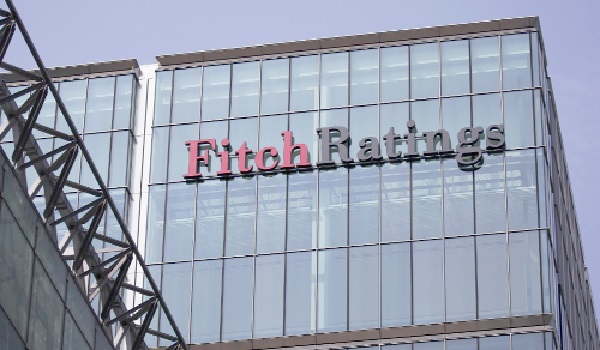Credit rating agency, Fitch has warned Ghana over the rising interest costs on its domestic debt, even after securing a programme with the International Monetary Fund (IMF).
Fitch’s assessment raises doubts about the country’s overall debt sustainability in the medium-term.
Interest rates on Ghanaian Treasury bills (T-bills) have experienced an upward trajectory since plummeting to around 18 per cent in March 2023, down from a high of 35 per cent.
This sudden surge has sparked apprehensions about a potential restructuring of short-term securities.
During a recent webinar on the topic of Africa Sovereigns Amid Financing Crunch, Senior Director for Emerging Markets at Fitch, Toby Iles, cautioned Ghana and other African governments about the mounting interest costs associated with domestic markets.
He emphasized that the proportion of interest costs on domestic debt had been steadily increasing, casting doubts on the sustainability of Ghana’s domestic debt obligations.
He further commented that although debt restructuring might offer short-term liquidity benefits, it does not address the broader issue of debt sustainability over the medium- term.
Mr Iles ,therefore, urged the country to undertake fundamental improvements in fiscal consolidation to achieve long-term stability.
This warning from Fitch underscores the urgency for Ghana to address the escalating interest costs associated with its domestic debt and prioritise fiscal consolidation to ensure long-term debt sustainability.
The support provided by the Ghana Association of Banks, coupled with the Bank of Ghana’s forbearance measures, has helped alleviate some of the losses experienced by the banking sector.
However, the nation must remain steadfast in its commitment to financial stability as it navigates these challenging
Losses to banks
In a separate analysis, Fitch highlighted the considerable losses that Ghanaian banks would have incurred in 2022 if a flexible treatment had been applied to the Net Present Value (NPV) calculation.
Fitch noted that the intervention by the Ghana Association of Banks helped curtail the anticipated losses for financial institutions.
The Domestic Debt Exchange Programme resulted in banks reporting net losses of approximately GH¢8 billion in 2022 due to significant write-offs attributed to bad debts.
Recognising the effectiveness of the Bank of Ghana’s forbearance measures,the Senior Director of Financial Institutions responsible for Europe, the Middle East and Africa at Fitch, Mahim Dissanayake, commended the central bank for its proactive measures in mitigating the impact on the banking sector.
